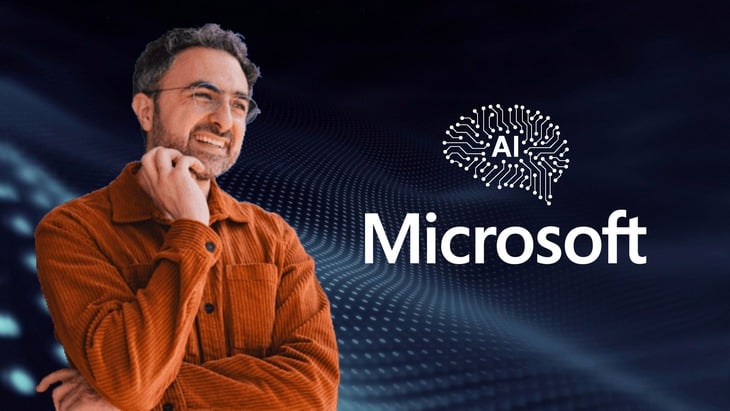
Microsoft creates new super intelligence group "MAI Superintelligence"
While many technology companies are racing to develop general artificial intelligence, Microsoft has chosen a different direction: building humanistic super artificial intelligence , where AI becomes a companion to help humans solve the big problems of the time, from healthcare to clean energy.
Under the leadership of Mustafa Suleyman, co-founder of DeepMind, MAI Superintelligence not only aims to develop superior AI technology, but also to ensure the human element in every application. Microsoft's statement emphasized: "We want to build artificial super intelligence to serve humans, not replace humans."
From virtual doctor to clean energy expert
The MAI group's first focus is AI in healthcare. Microsoft aims to build artificial intelligence systems that can assist doctors in the early diagnosis of cancer, cardiovascular disease, and rare diseases.
These models, trained on massive amounts of medical data, can read and analyze images, test results, and clinical reports at speeds far beyond those of humans, while always operating under the supervision of a physician.
In parallel, the research team is also investing heavily in the field of AI for clean energy. Their goal is to develop models that help optimize power systems, forecast energy demand, and discover new materials for batteries, hydrogen, or solar energy.
Microsoft calls this approach “AI for the planet,” where artificial intelligence is not just an industrial tool but a driver of sustainable development.
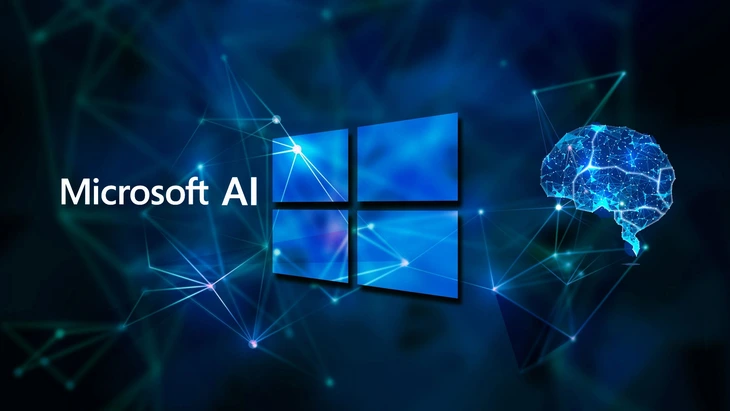
Microsoft's ambition is to create the first AI to serve health and the green planet.
Humanistic vision in the superintelligence race
Unlike many organizations pursuing the concept of AGI - artificial general intelligence capable of surpassing humans in all fields, Microsoft has chosen its own path: developing "humanist superintelligence" - artificial superintelligence with humans at the center. This reflects Suleyman's philosophy: "AI only makes sense when it enhances human capabilities, not replaces humans."
This approach is considered by many experts to be more practical and safer, especially in the context of the world setting ethical, control and legal standards for AI technology. Microsoft also emphasized that all applications in health or energy must undergo a rigorous risk and security assessment process.
The establishment of the MAI Superintelligence group also shows Microsoft's ambition to reduce its dependence on OpenAI and build an autonomous artificial intelligence ecosystem.
In addition to investing in computing and data infrastructure, Microsoft also expands AI research centers in many countries, including the AI Hub in London, which brings together the world's leading data scientists and engineers.
Many experts believe that this strategy helps Microsoft move closer to its goal of becoming a comprehensive AI platform, providing tools for businesses while creating models for healthcare, the environment and society.
Microsoft is redefining the race for artificial superintelligence by putting humans at the center. From virtual doctors that diagnose diseases to AI systems that find clean energy sources, "MAI Superintelligence" is more than just a technology project, it's a vision of a future where artificial intelligence becomes a companion of humanity.
Source: https://tuoitre.vn/microsoft-ra-mat-nhom-sieu-tri-tue-ai-ho-tro-chan-doan-benh-va-nghien-cuu-nang-luong-sach-20251112114504502.htm





![[Photo] Deep sea sand deposits, ancient wooden ship An Bang faces the risk of being buried again](https://vphoto.vietnam.vn/thumb/1200x675/vietnam/resource/IMAGE/2025/11/13/1763033175715_ndo_br_thuyen-1-jpg.webp)




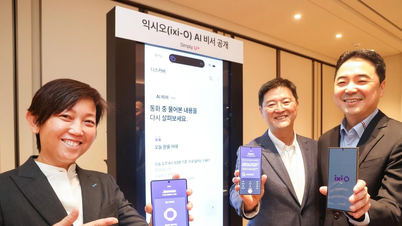










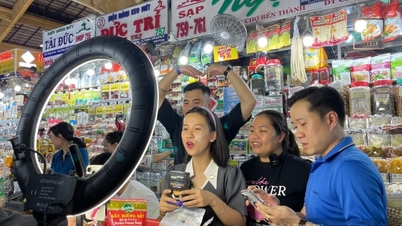

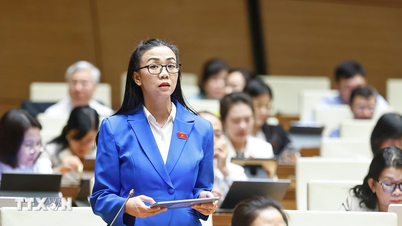
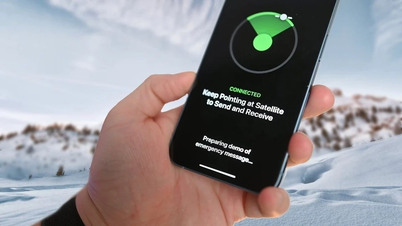




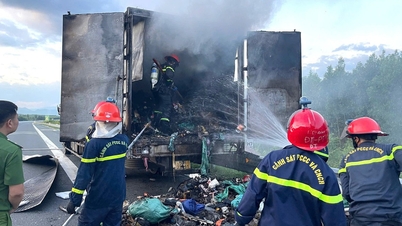


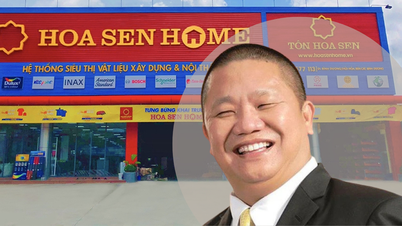





































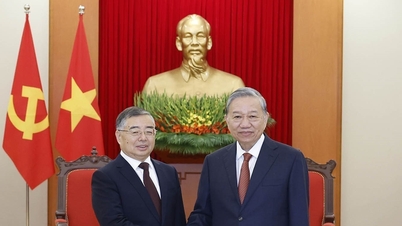
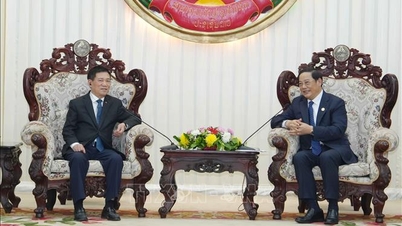
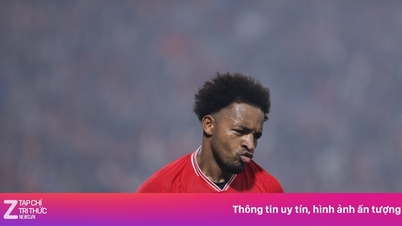
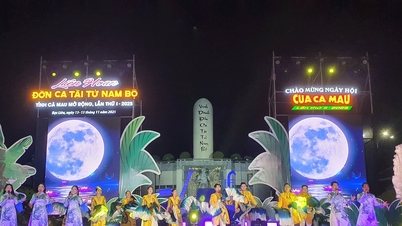



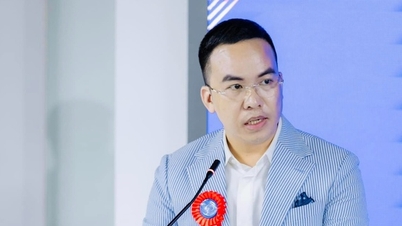
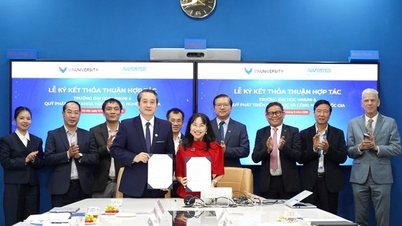

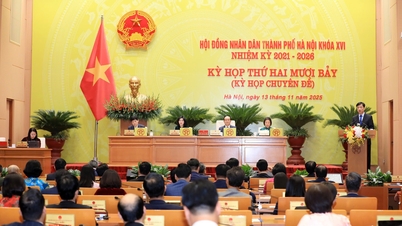

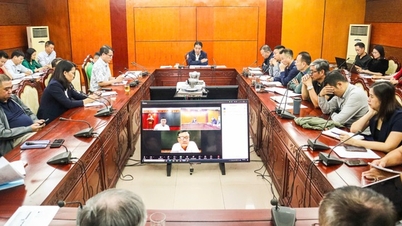
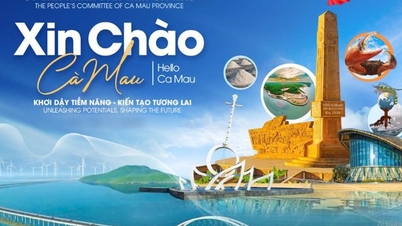
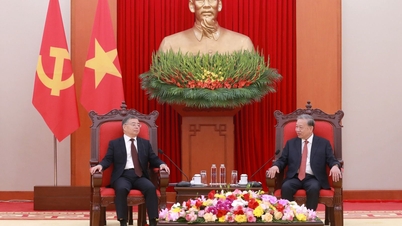
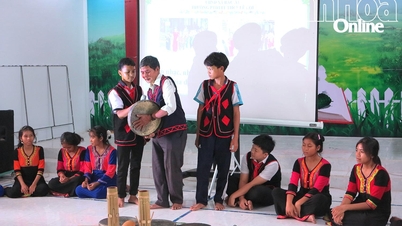

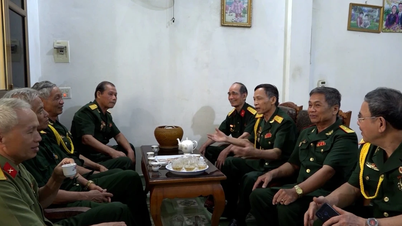

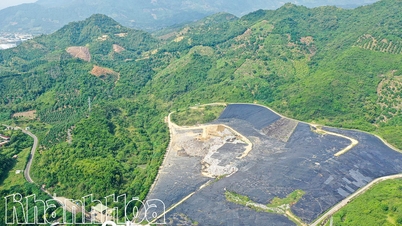
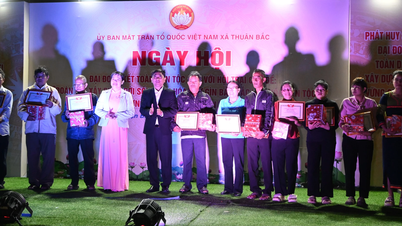
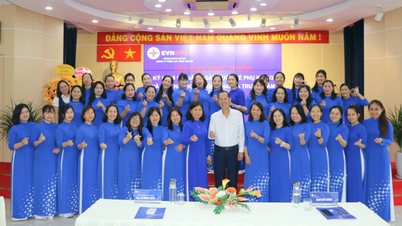
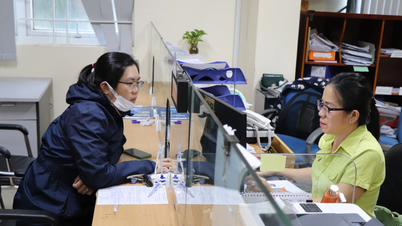





![Dong Nai OCOP transition: [Article 3] Linking tourism with OCOP product consumption](https://vphoto.vietnam.vn/thumb/402x226/vietnam/resource/IMAGE/2025/11/10/1762739199309_1324-2740-7_n-162543_981.jpeg)




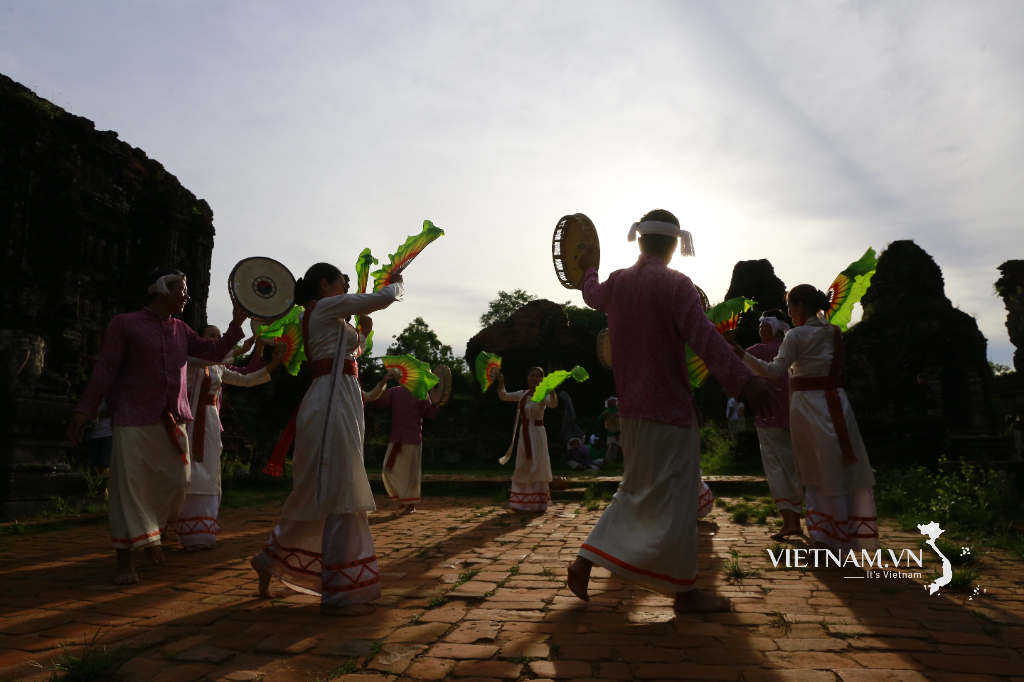


Comment (0)